Related Research Articles
The music of Finland can be roughly divided into folk music, classical and contemporary art music, and contemporary popular music.

Esa-Pekka Salonen is a Finnish conductor and composer. He is the music director of the San Francisco Symphony and conductor laureate of the Los Angeles Philharmonic, Philharmonia Orchestra in London and the Swedish Radio Symphony Orchestra. In 2024, he announced his resignation from the San Francisco Symphony upon the expiration of his contract in 2025.

Einojuhani Rautavaara was a Finnish composer of classical music. Among the most notable Finnish composers since Jean Sibelius (1865–1957), Rautavaara wrote a great number of works spanning various styles. These include eight symphonies, nine operas and fifteen concertos, as well as numerous vocal and chamber works. Having written early works using 12-tone serial techniques, his later music may be described as neo-romantic and mystical. His major works include his first piano concerto (1969), Cantus Arcticus (1972) and his seventh symphony, Angel of Light (1994).

Eric Gustaf Ericson was a Swedish choral conductor and influential choral teacher.

The Sibelius Academy is part of the University of the Arts Helsinki and a university-level music school which operates in Helsinki and Kuopio, Finland. It also has an adult education centre in Järvenpää and a training centre in Seinäjoki. The Academy is the only music university in Finland. It is among the biggest European music universities with roughly 1,400 enrolled students.
Atso Almila is a Finnish orchestral conductor, music director, composer, trombonist and teacher.
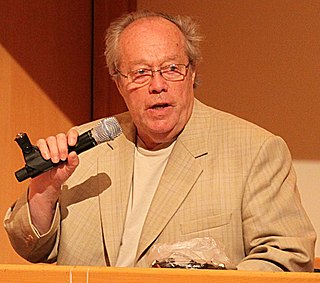
Jorma Juhani Panula is a Finnish conductor, composer, and teacher of conducting. He has mentored many Finnish conductors, such as Esa-Pekka Salonen, Mikko Franck, Sakari Oramo, Jukka-Pekka Saraste, Osmo Vänskä, Klaus Mäkelä and Tarmo Peltokoski.
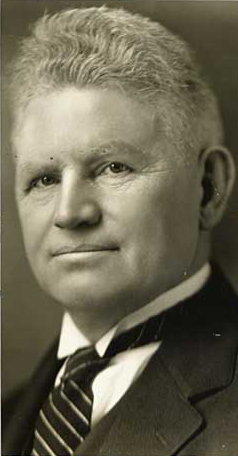
Fredrik Melius Christiansen was a Norwegian-born violinist and choral conductor in the Lutheran choral tradition. He is most notable for his many a cappella choral arrangements, and for founding The St. Olaf Choir in 1912.

Kullervo, Op. 7, is a five-movement symphonic work for soprano, baritone, male choir, and orchestra written from 1891–1892 by the Finnish composer Jean Sibelius. Movements I, II, and IV are instrumental, whereas III and V feature sung text from Runos XXXV–VI of the Kalevala, Finland's national epic. The piece tells the story of the tragic hero Kullervo, with each movement depicting an episode from his ill-fated life: first, an introduction that establishes the psychology of the titular character; second, a haunting "lullaby with variations" that portrays his unhappy childhood; third, a dramatic dialogue between soloists and chorus in which the hero unknowingly seduces his long-lost sister; fourth, a lively scherzo in which Kullervo seeks redemption on the battlefield; and fifth, a funereal choral finale in which he returns to the spot of his incestuous crime and, guilt-ridden, takes his life by falling on his sword.
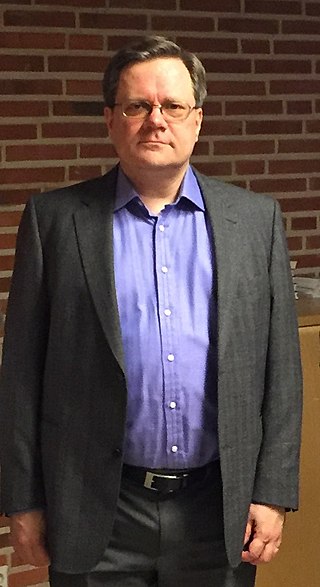
Jaakko Mäntyjärvi is a Finnish composer of classical music, and a professional translator.

Toivo Ilmari Hannikainen was a Finnish composer and virtuoso pianist.
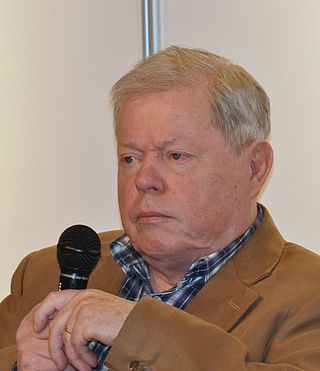
Ilkka Taneli Kuusisto is a Finnish opera composer, conductor, choirmaster and organist.
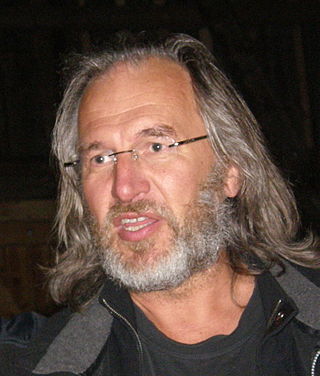
Tõnu Kaljuste is an Estonian conductor.
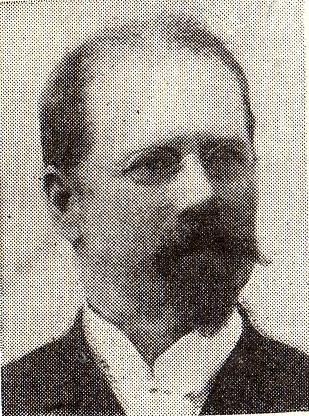
Pekka Juhani "P. J." Hannikainen was a Finnish composer and the head of the musical branch of the prominent Hannikainen family. His uncle was the writer and journalist Pietari Hannikainen.

Vytautas Miškinis is a Lithuanian composer, choral conductor and academic teacher. He is artistic director of Ąžuoliukas, a boys' and youth choir and music school, and of other ensembles, performing internationally. He has taught choral conducting at the Lithuanian Academy of Music and Theatre from 1985. His groups have won prizes at international competitions, where he also served as member of the jury. His compositions are part of international standard choral repertoire.
Peter Gregory Rose is a conductor, composer, arranger, and music director. He has conducted orchestral, choral and ensemble premieres throughout Europe and the Far East.
Sàndro Gòrli – Italian composer, conductor, teacher. The author of "Requiem" for mixed choir a Cappella, written specially for the well-known choir La Chapelle Royale. This composition was included in the Treasury of choral authentic music. From 1990 to 1998 – the principal conductor of the ELISION Ensemble in Melbourne (Australia).
Jutta Seppinen is a Finnish conductor and mezzo-soprano.

Babel is a neoclassical religious cantata composed by Igor Stravinsky in 1944.
Daniel Troen Moe was an American choral conductor, composer, and pedagogue. He was director of choral organizations for the University of Iowa, professor of choral conducting at Oberlin College Conservatory of Music, and founding music director of Key Chorale in Sarasota, Florida. He was a published composer and author. He was once hailed by The New Yorker music critic Andrew Porter as "that dean of choral conductors."
References
- 1 2 Kostiainen, Pekka (2005). "Pekka Kostiainen :: 16 March 1944" (in Finnish). Helsinki: Finnish Music Information Centre Fimic. Archived from the original on 7 August 2011. Retrieved 22 November 2010.